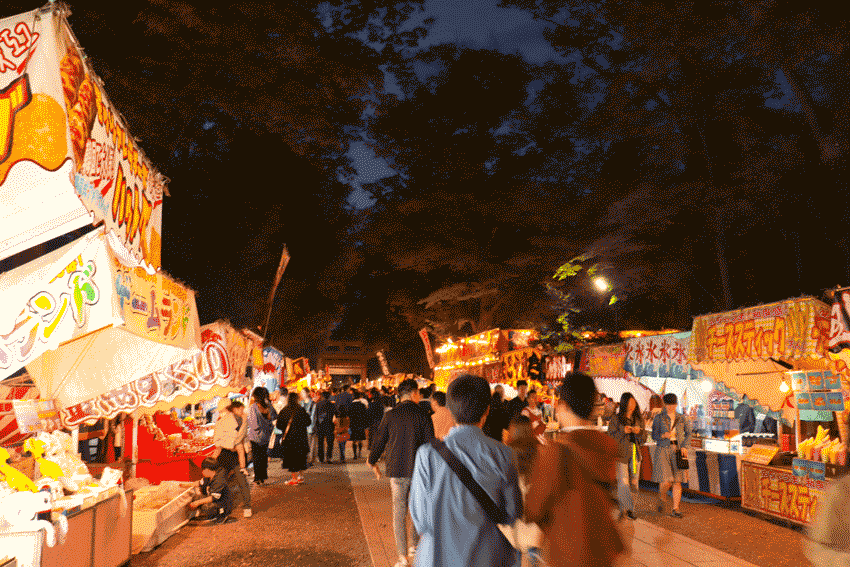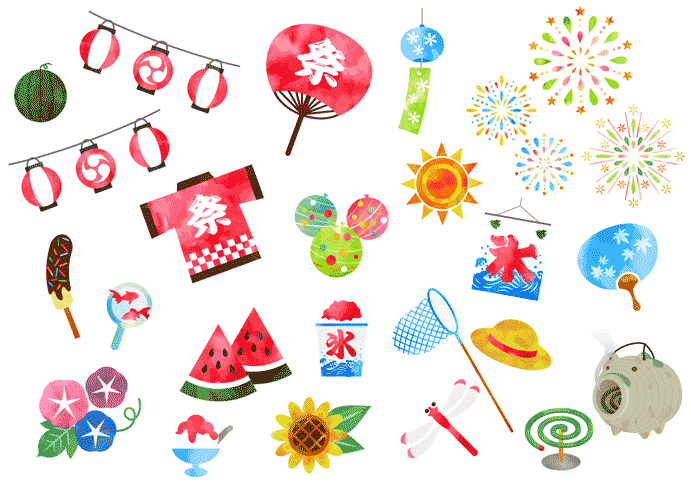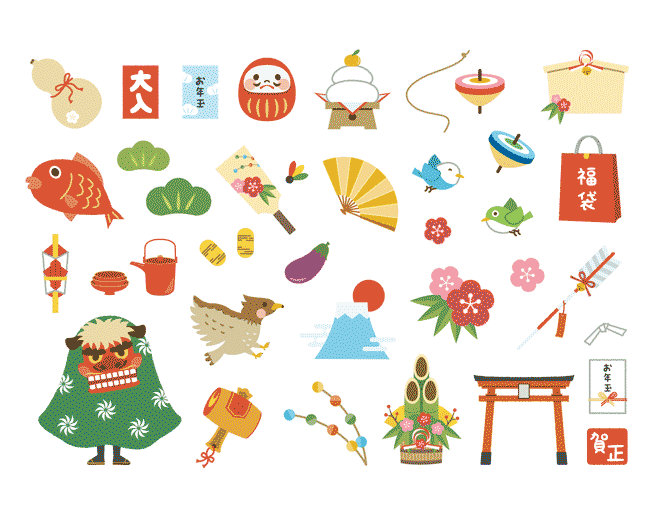Part A Advanced icebreak
Answer questions about things you have experienced recently.

Part A_1 Advanced icebreak
Let’s introduce ourselves to each other.
My name is ________. What is your name?
Part A_2 Advanced icebreak
I am ________. Nice to meet you.
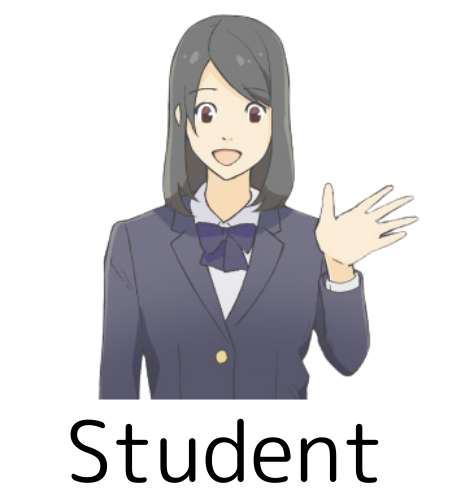

Part A_3 Advanced icebreak
Nice to meet you too, ________. Let’s have advanced icebreaker questions!

Part A_4 Advanced icebreak
Please choose one topic below and I will ask you some questions.
Part A_5 Advanced icebreak
| 1. | Excitement |
| 2. | Sadness |
| 3. | A “thank you” moment |


Part A_6 Advanced icebreak
Please answer each question about the topic you chose.
| 1. | What did you/he/she/they do? |
| 2. | Who did it? |
| 3. | When was it? |
| 4. | Where was it? |
| 5. | Why did you/he/she/they do that? |
| 6. | How was it? |
Part A_7 Advanced icebreak
| Answer: |


Part A_8 Advanced icebreak
Awesome! Now, you will organize the points and tell me your story once more. If the question is not applicable, you may skip it.
Part A_9 Advanced icebreak
| Answer: |
include these points: (What / Who / When / Where / Why / How)


Part A_10 Advanced icebreak
That was wonderful! Now, let us begin our lesson!
Part B Reading
Read sentences and check your pronunciation. Make sure you understand the content.

Part B_1 Reading
First, I will read each sentence aloud. Please listen carefully.

Part B_2 Reading
|
Yayoi:
|
Will you go to the Tempyo Tanabana Festival? |
|
Lily:
|
What’s that? |
|
Yayoi:
|
It’s a festival in Nara to let people know about the beginnings of Japan and the Nara period. |
|
Lily:
|
When is it? |
|
Yayoi:
|
It’s in August. Do you want to come with me? |
|
Lily:
|
Sure, it sounds exciting! Let’s wear our traditional yukata. |
【ヒント:日本語訳】
Yayoi:天平たなばた祭りに行かない?
Lily:なにそれ?
Yayoi:日本の始まりと、奈良時代を知ってもらうための奈良の祭りだよ。
Lily:いつなの?
Yayoi:8月だよ。一緒に行かない?
Lily:もちろん、楽しみだね!浴衣を着ていこうよ。

Part B_3 Reading comprehension Q&A
Now, you will answer questions based on the dialogue. I will check if your sentences are complete and if your grammar is correct.
(Please send the correct answers to your student.)

Part B_4 Reading comprehension Q&A
| 1. | What does the Tempyo Tanabanta Festival let the people know? |
Part B_5 Reading comprehension Q&A
| Answer: |


Part B_6 Reading comprehension Q&A
| 2. | What are they going to wear for the festival? |
Part B_7 Reading comprehension Q&A
| Answer: |


Part B_8 Reading comprehension Q&A
You did a great job answering the questions! Now, let’s review your answers.
(Please review your student’s answers by sending the correct answers in complete sentences. After that, ask your student to read aloud his or her corrected answers.)
Part B_9 Reading comprehension Q&A


Part B_10 Reading
Now, you will read each sentence below. I will check your pronunciation and intonation.
(Please send the mispronounced words and expressions that need improvements to your student.)
Part B_11 Reading
|
Yayoi:
|
Will you go to the Tempyo Tanabana Festival? |
|
Lily:
|
What’s that? |
|
Yayoi:
|
It’s a festival in Nara to let people know about the beginnings of Japan and the Nara period. |
|
Lily:
|
When is it? |
|
Yayoi:
|
It’s in August. Do you want to come with me? |
|
Lily:
|
Sure, it sounds exciting! Let’s wear our traditional yukata. |


Part B_12 Reading
That was great! Now, let’s review some words and expressions from part B_11.
(Please review the mispronounced words and expressions from part B_11.)
Part B_13 Reading

Part C Vocabulary
Let’s check the meaning and pronunciation of English words.

Part C_1 Vocabulary
We’ll read aloud the words below. Please repeat after me. I will check your pronunciation.
(Please send the mispronounced words and expressions to your student.)
Part C_2 Vocabulary

|
let people know
/let/ˈpiː.pl ̩/nəʊ/
人々に知らせる
|

|
beginning
bɪˈɡɪn.ɪŋ
始まり
|
| period
ˈpɪə.ri.əd
時代
|
|

|
sounds
saʊnds
~に聞こえる
|

|
traditional
trəˈdɪʃ.ən.əl
伝統的な
|


Part C_3 Vocabulary
Now, let’s review some words from part C_2.
(Please review the mispronounced words and expressions from part C_2.)
Part C_4 Vocabulary

Part D Q&A
Express your opinions, assumptions, and experiences.

Part D_1 Q&A
I will ask you the questions below. I will check if your sentences are complete and if your grammar is correct.
(Please send the mispronounced words and expressions to your student.)


Part D_2 Q&A
| 1. | What is a popular event in your city? Have you attended that event? What do people do at the event? |
Part D_3 Q&A
| Answer: |


Part D_4 Q&A
| 2. | What do you think is the most popular Japanese event? When is the event held? What do people do at the event? |
Part D_5 Q&A
| Answer: |


Part D_6 Q&A
| 3. |
Did you go to any festivals or events during your summer vacation? If yes, how was it? What did you eat? Did you have fun? If no, what event did you attend recently? How was it? |
Part D_7 Q&A
| Answer: |


Part D_8 Q&A
You answered the questions very well! Now, let’s review your answers.
(Please review your student’s answers by sending the correct answers in complete sentences. After that, ask your student to read aloud his or her corrected answers.)
Part D_9 Q&A

Part E Picture description
Describe the picture in complete sentences.

Part E_1 Picture description
Look at the picture below. Please describe it in as much detail as you can. I will check if your sentences are complete and if your grammar is correct.
Part E_2 Picture description
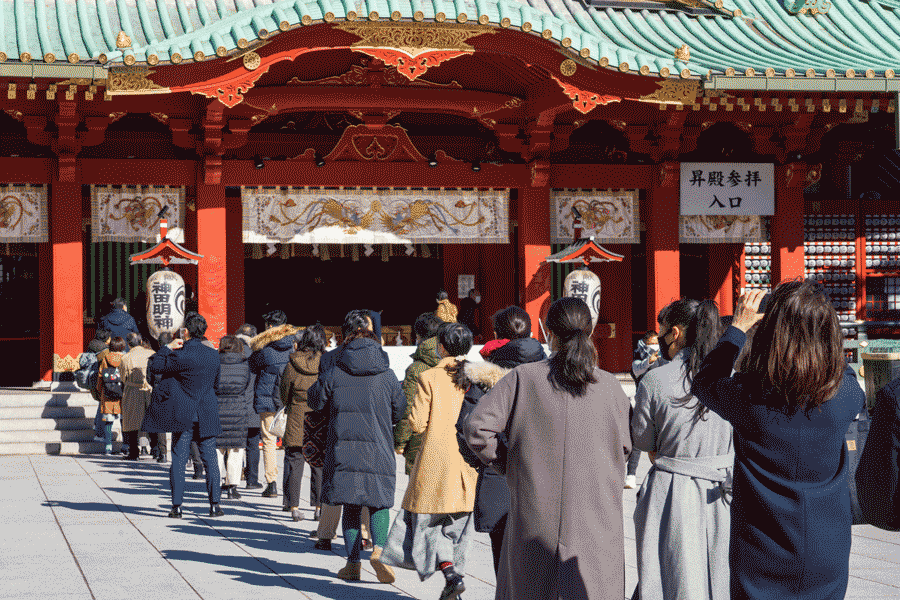


Part E_3 Picture description
You described the picture wonderfully! Now, let’s review your answers.
(Please review your student’s answers by sending the correct answers in complete sentences. After that, ask your student to read aloud his or her corrected answers.)
Part E_4 Picture description

Part F Role play
Talk about the following situations.

Part F_1 Role play
Let’s do a role play with the given situations. You should mention the items below during the conversation.
Part F_2 Role play
| Situation 1: |
You have a new foreign classmate. Tell him/her about a Japanese festival in the summer.
(Your tutor will pretend to be your new foreign classmate.)
|
| Items to mention: |
– popular summer event in Japan – when it is – what we can eat at the festival |

Part F_3 Role play
| Situation 2: |
You are going to present about a Japanese event in the winter. Tell your teacher about it.
(Your tutor will pretend to be your teacher.)
|
| Items to mention: |
– a winter event in Japan – how Japanese people spend the New Year’s holiday – what Japanese people eat during the New Year’s holiday |


Part F_4 Role play
Your answers were fantastic! Now, let’s review your answers.
(Please review your student’s answers by sending the correct answers in complete sentences. After that, ask your student to read aloud his or her corrected answers.)
Part F_5 Role play

Part G Challenge part
Answer more challenging questions freely.

Part G_1 Challenge part
I will ask you the questions below. I will check if your sentences are complete and if your grammar is correct.

Part G_2 Challenge part
| 1. | Why is it your favorite Japanese event? |
| 2. | What do you do in that event? |
Part G_3 Challenge part
| Answer: |


Part G_4 Challenge part
| 1. | When and where was it? |
| 2. | Who did you go with? |
Part G_5 Challenge part
| Answer: |

Part H Tips for future practice
Give tips for a practice after the lesson.

Part H_1 Tips for future practice
Please keep these things in mind after the lesson and practice!
Part H_2 Tips for future practice
1日の終わりに今日の出来事をつぶやいてみよう。
たくさん話すためには?
■ いつ、誰とどこで何をしたのか伝えよう。
■ それをしてどう感じたか、なんでそう感じたのかも伝えるよう意識しよう。
例)
I took an online lesson with Ellen at my house today.
(what/who/where/when)
It was fun to talk with Ellen because her hobby was the same as mine.
(how/why)

